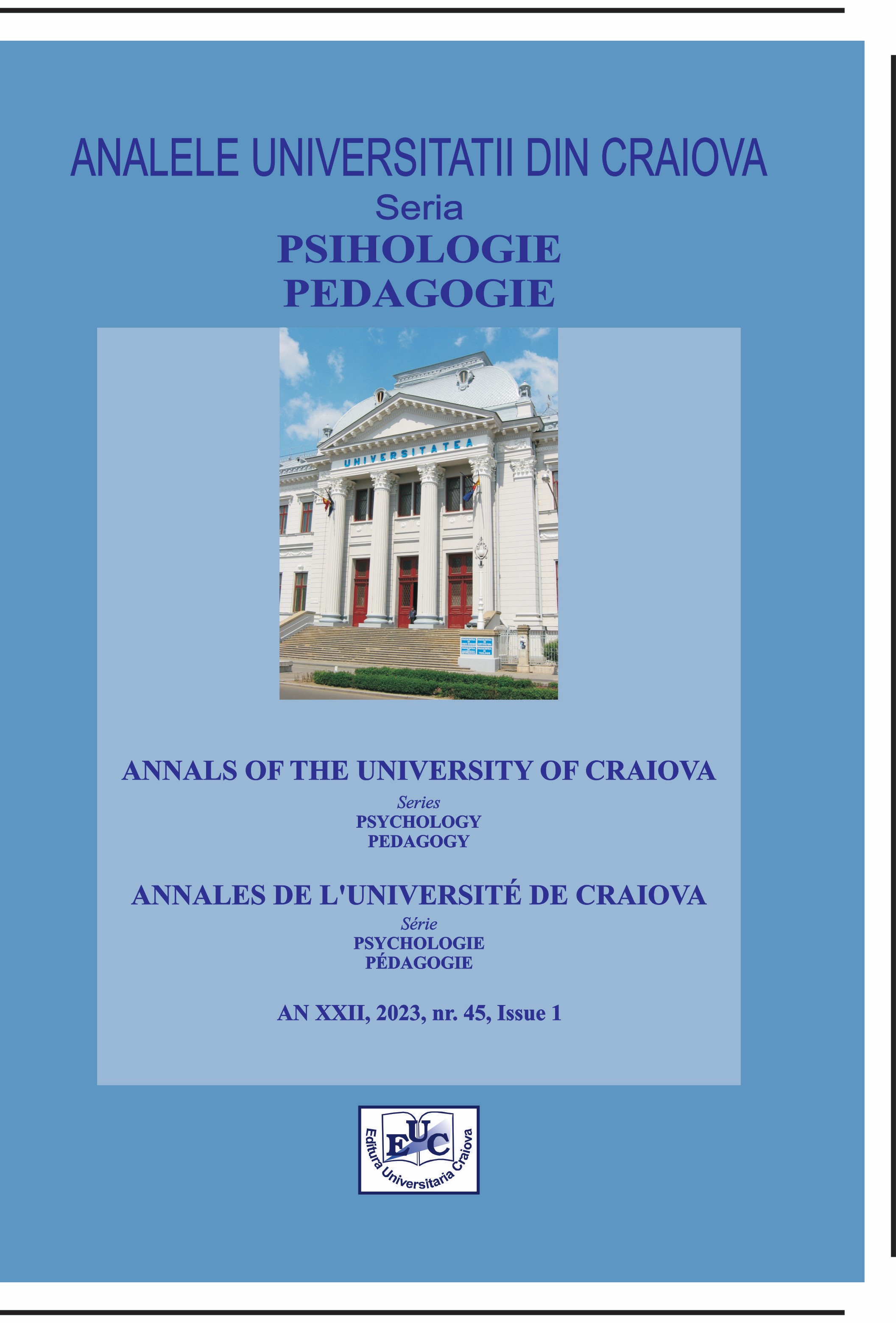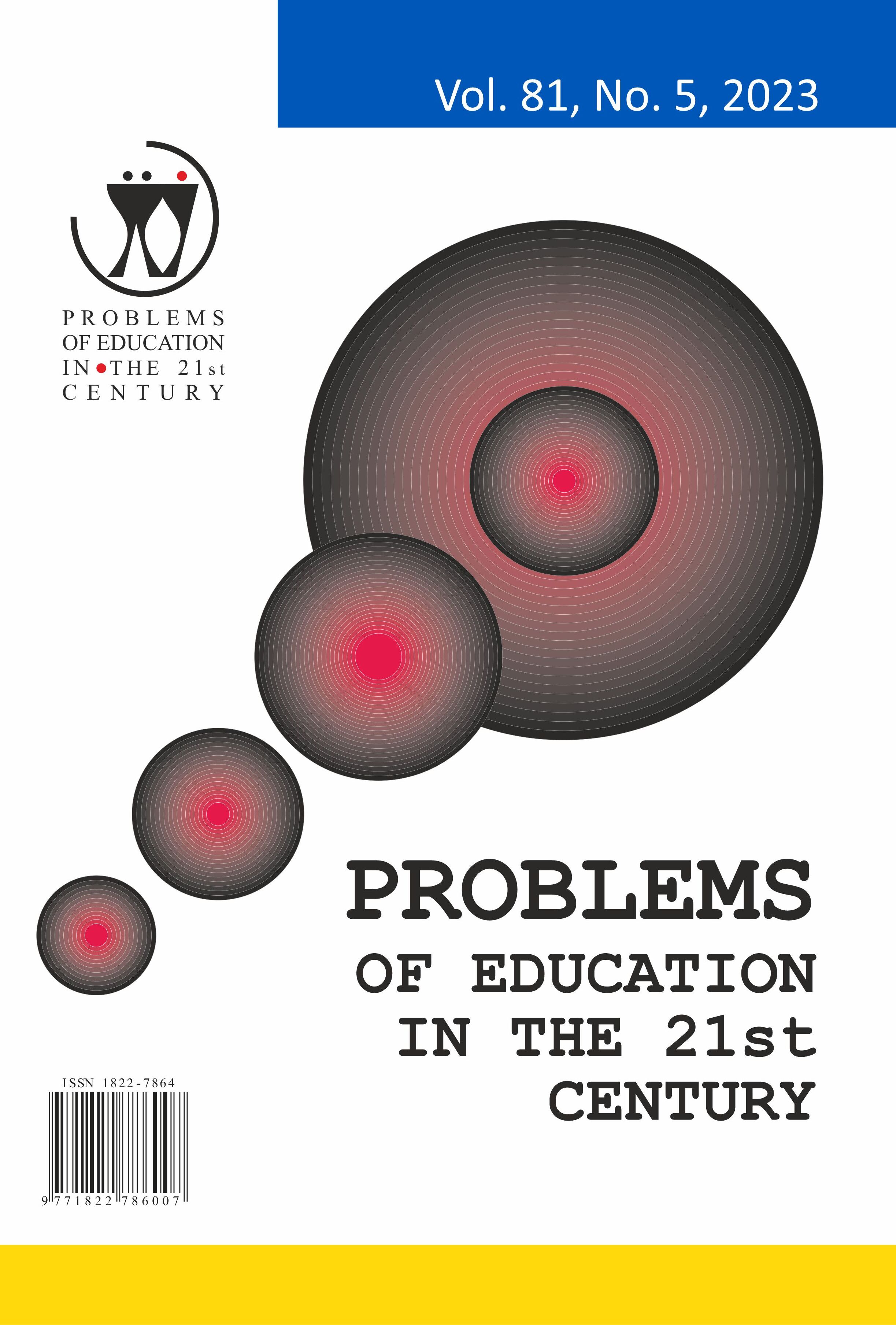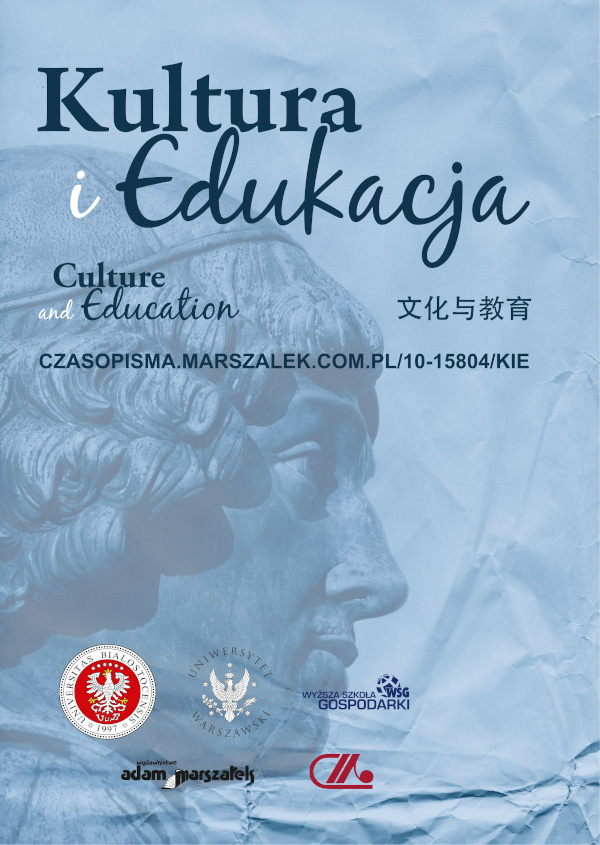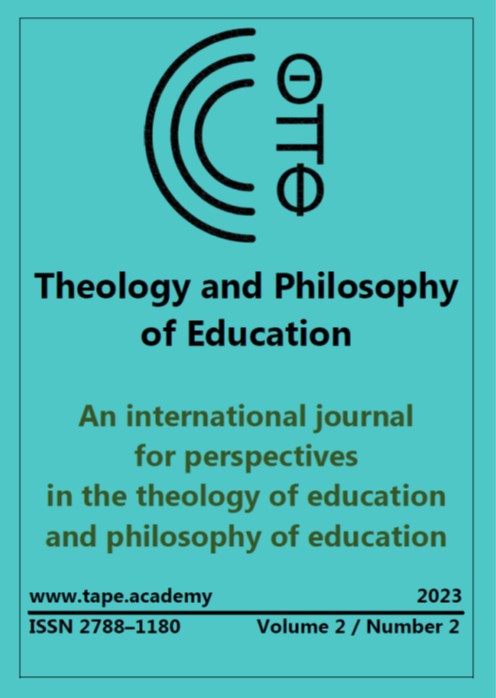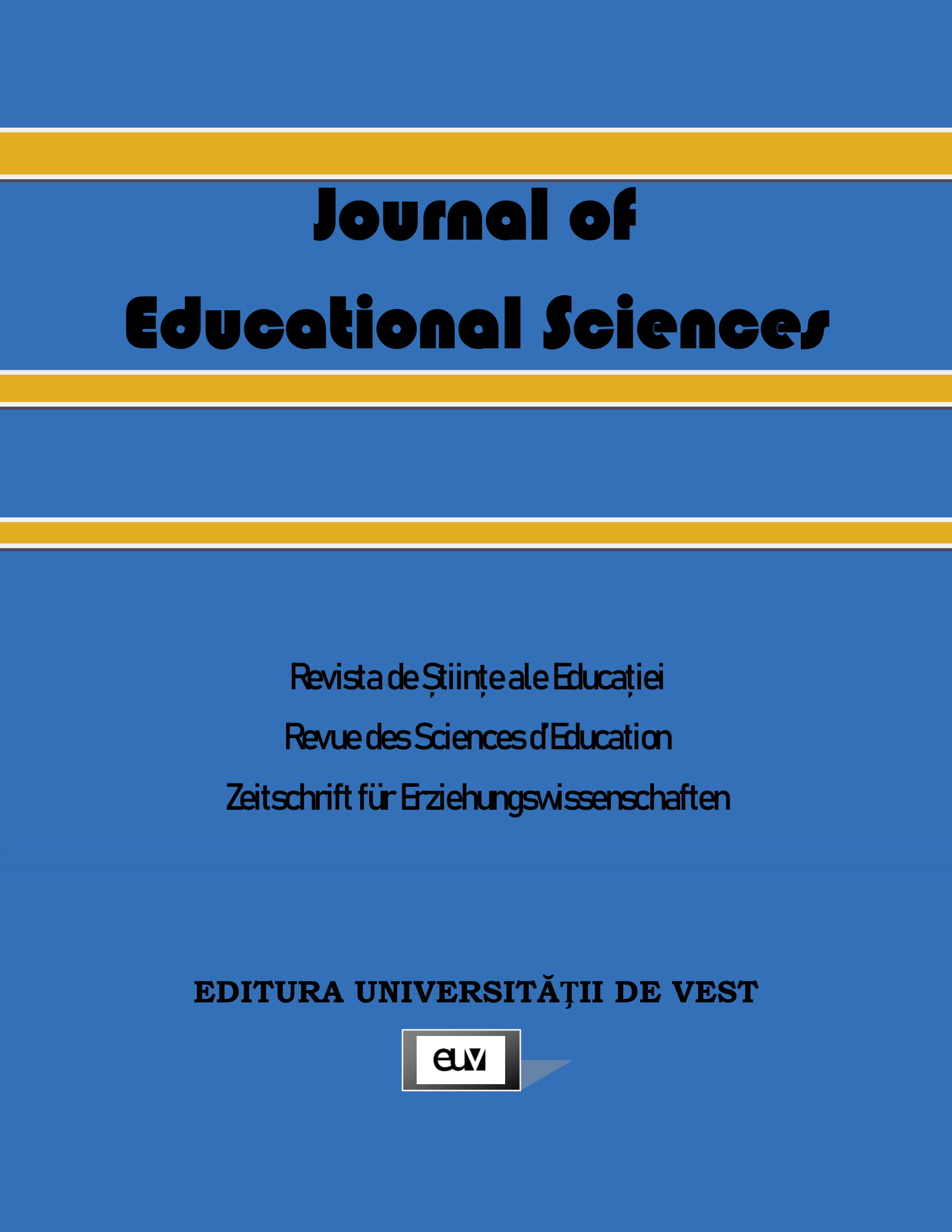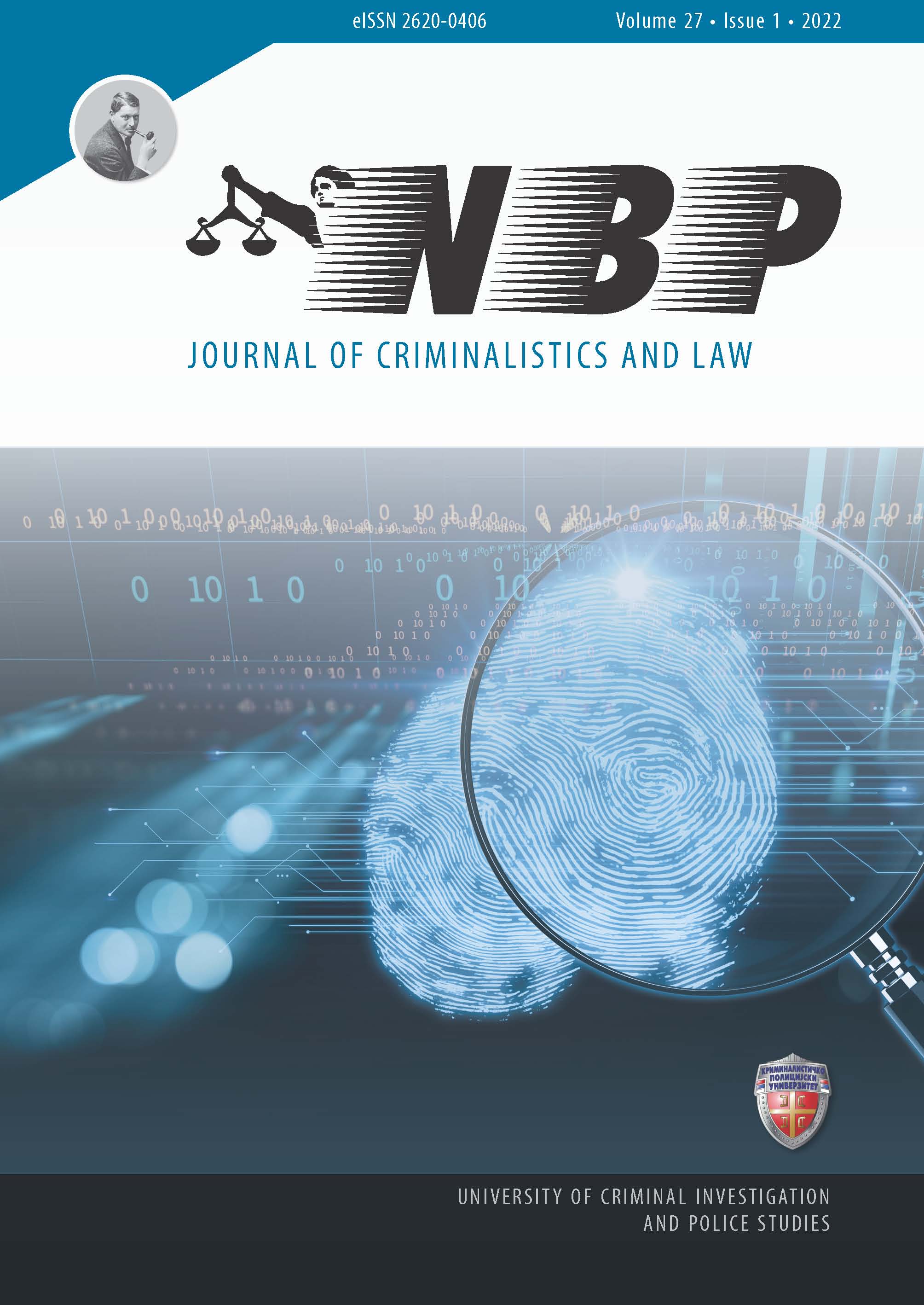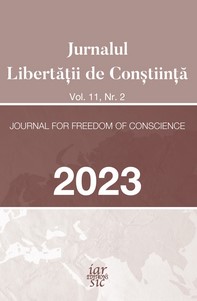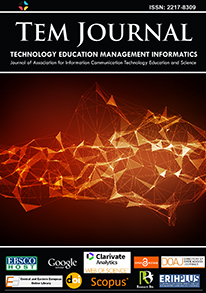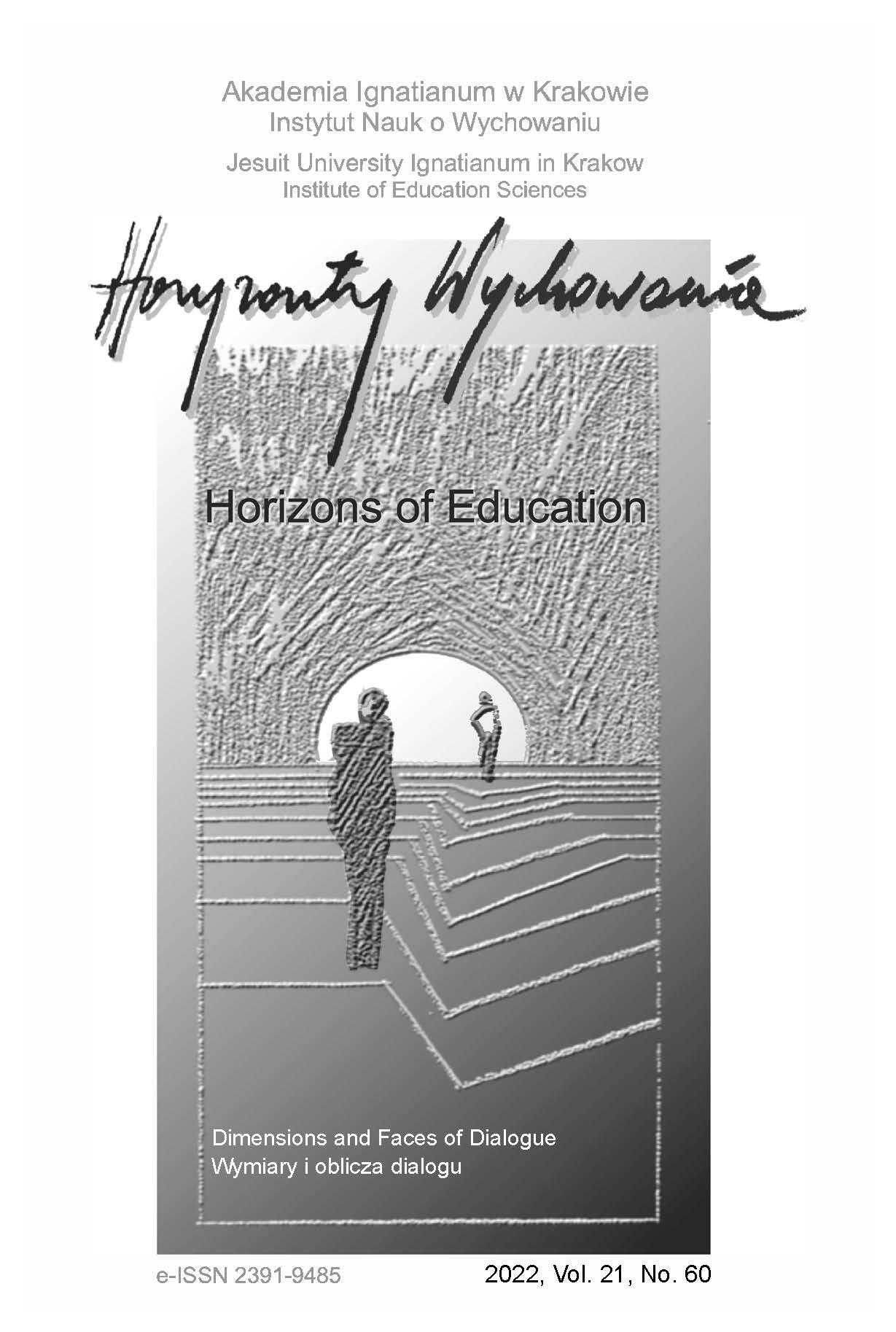
Designer, Creator, Trainer and Mentor… or an Academic Teacher Online
RESEARCH OBJECTIVE: The objective of the reflections undertaken is to present the competences of academic teachers necessary for online teaching and the necessary changes of attitudes in this professional group.THE RESEARCH PROBLEM AND METHODS: In the context of the specific objective, the research problem is included in the questions: What competences should an academic teacher have in order to teach online effectively? How should universities support academic teachers in acquiring those competences in their teaching work? The method used was literature analysis and interviews with academic teachers at the University of Łódź collected during online training within the project: “Scientific excellence as the key to excellence in education”. Operational Programme Knowledge Education Development”.THE PROCESS OF ARGUMENTATION: The introduction presents the development of academic e-learning in Poland within the last twenty years. This is followed by the discussion of the competences of academic teachers conducting online classes and the necessary changes in their attitudes. The participation of universities in this process is also shown.RESEARCH RESULTS: The presented reflections indicate that not all teachers were prepared for e-learning before the pandemic and that some universities failed to support them sufficiently in their teaching work. The pandemic showed that the preparation for remote teaching should be one of the goals of teacher and university development.CONCLUSIONS, INNOVATIONS, RECOMMENDATIONS: Online teaching requires changes and systemic preparation of teachers for conducting classes in the digital reality.
More...
